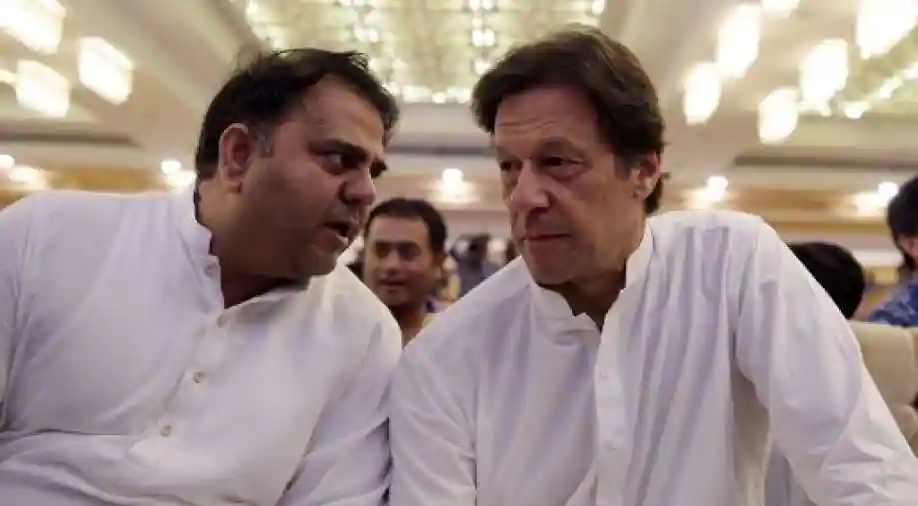
Prime Minister Imran Khan has long held a Messiah complex, the belief that Pakistan needs someone like him, and that he will make Pakistan into a Riyasat e Madina. Instead under Imran Khan’s prime ministership over the last four years Pakistan is in a worse position than it has ever been – economy is flailing, and the country’s foreign policy is in shambles. Imran Khan has lost the confidence of the majority of the National Assembly; his position is increasingly untenable and the delaying tactics adopted by his advisors will fail to halt the inevitable.
As former editor of Dawn, Abbas Nasir wrote recently “all the claims and counter-claims are no more than a smokescreen, including the apparent defiance of the PTI government and the denial of its supporters, when circumstances are pointing to a changed environment. In less than two weeks, the prime minister is unlikely to be in office, a new dispensation may well be on its way, with everyone agreeing that the only workable long-term solution is fresh elections. To me, elections should be held as soon as electoral reforms have been approved by parliament. If the reforms and/or the political interests of various elements that may make up the new set-up mean that the new elections can only happen in the next 12 months, so be it. But political and economic stability should not be sacrificed at the altar of expediency.”
Further as Nasir points out “having seen what a perilous minefield is created when political engineering goes wrong, and that not just the shirtless have to bear the burden of such botched experiments, one can only hope that the forces wielding immense extra-constitutional power bow to the will of the people. Only an electoral exercise that is demonstrably above board will lead to a government and system that has the credibility to roll out the tough measures needed to steer clear of the crisis Pakistan is facing on all fronts — from economic to foreign policy to national security.”
Finally, “A seemingly bigger challenge will be to detoxify a considerable part of the body politic that has been fed a steady diet of self-righteous outrage and a narrative that anyone who does not mirror their views, no matter how unfounded, is a ‘looter and corrupt’. Diversity of opinion in open societies is enriching and promotes critical thinking. We seem totally guided and informed by self-righteous outrage and hysteria, whether we discuss democracy, politics or economic policy, let alone matters of faith. Such bigotry is eating away at the roots of our society.”
![]()





